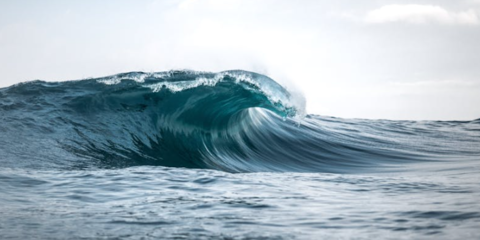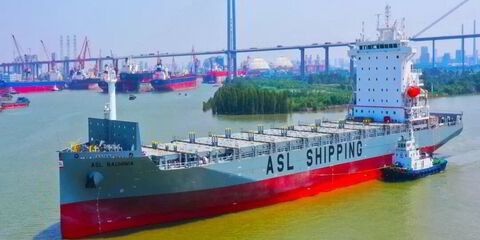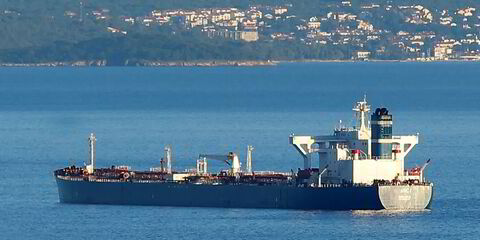Euronav is taking steps to address a whale of a problem.
The tanker giant is instructing its ships to slow down or avoid certain areas while transiting the east coast of Canada, the Hellenic Trench and the waters offshore California in an effort to prevent whale strikes.
The decision makes mandatory local recommendations and was taken following a partnership with the Great Whale Conservancy to help protect the vulnerable animals.
“Our ships will stay out of critical habitats where these whales breed, feed and nurse their offspring,” said chief executive Hugo de Stoop.
“These deviations have very little negative economic impact for shipowners, including ourselves, so avoiding these areas is really a question of paying attention to the issue rather than making a big economic sacrifice.
“We would like other tanker companies to realize that this is not a difficult decision to make.”
As part of the partnership, Euronav will join the conservancy's Whale Guardian programme.
The conservancy says whales, critical to ocean ecosystems but in many cases endangered, are seriously threatened by shipping with hundreds and possibly thousands killed in strikes each year.
It identified shipping as the single biggest killer of whales.
“Getting a first-class tanker company like Euronav aligned with our cause is essential to us,” said Great Whale Conservancy founder Michael Fishbach.
“The more whales there are, the better it is for our planet. If other shipping companies follow Euronav’s lead, we will be more than happy to assist them.”
Efforts to protect whales are underway globally, with France pushing the International Maritime Organization to make part of the northwestern Mediterranean Sea a protected area and environmentalists and shipping companies supporting a traffic separation plan south of Sri Lanka.
Environmental groups have also pushed the US government to take steps to protect whales in the Pacific and Atlantic oceans and in the Gulf of Mexico.
Companies like Hapag-Lloyd, Mediterranean Shipping Co (MSC) and Yang Ming Marine Transportation have voluntarily taken steps to reduce speeds offshore California at the behest of local and federal governments.
The governments' Protecting Blue Whales and Blue Skies programme are estimated to have reduced whale strikes by 35%.



